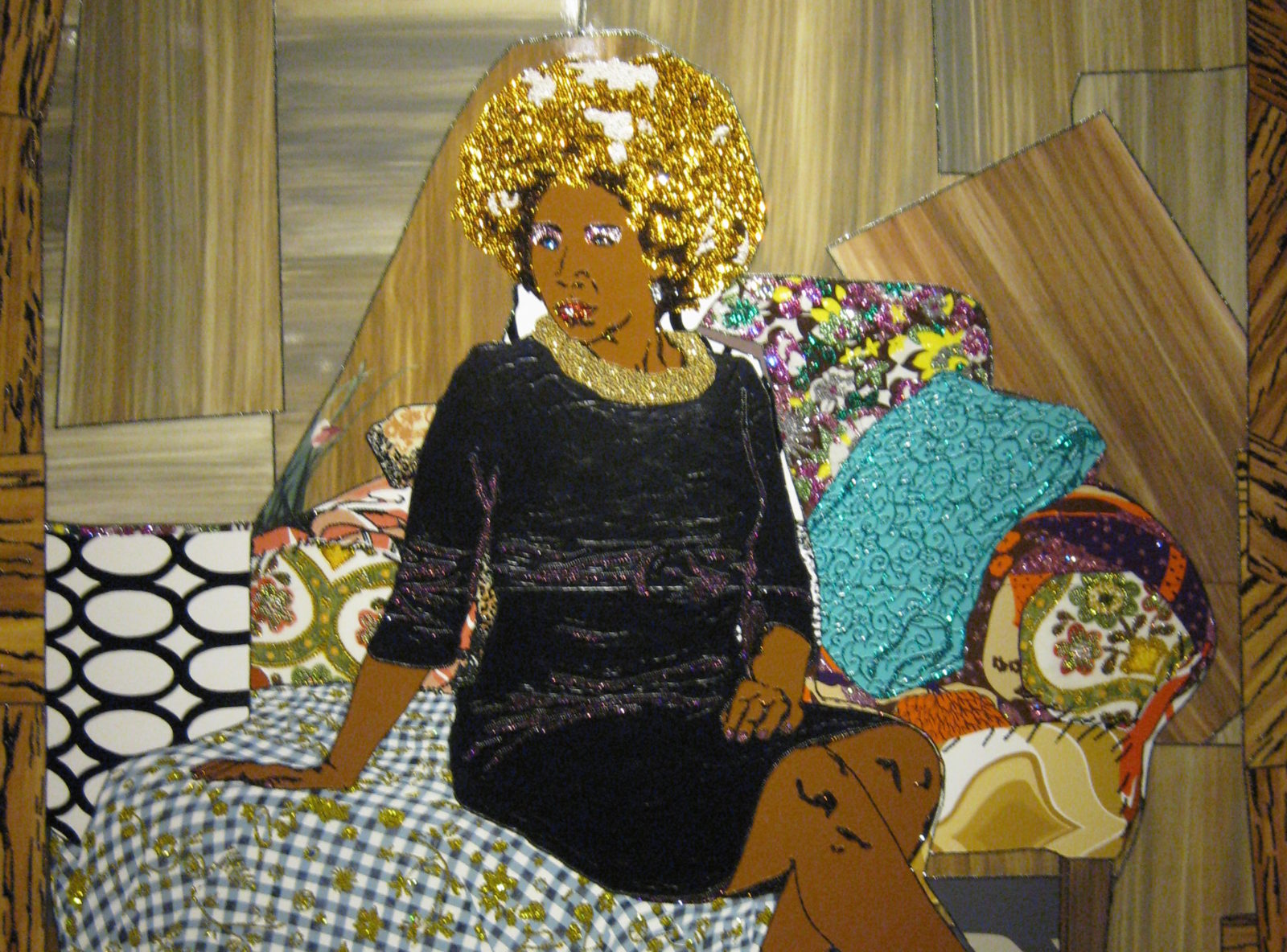
1. He shamed Jada Pinkett Smith for her decision to boycott the Academy Awards. He couched her critique as poor cheerleading for her actor-husband who was not nominated. The television and film actress made an important intervention by calling attention to the whiteness of Hollywood. That folks paid attention to Rock as host was in part due to the cultural work of Pinkett Smith and other Black women.
2. He ridiculed Reign (creator of #Oscarssowhite) and people who supported her, by suggesting increased representation is a superficial fight. He did this while appearing in skits that addressed the erasure and misrepresentation of black actors.
3. He reduced Rihanna to hot pussy. Her artistry was irrelevant as long as she was deemed sexually desirable. (If this is the worth of Black women, I fear the future for his daughter scouts.)
4. He made light of the racial terrorism experienced by Black women with his reference to a lynched (and raped) grandmother. I assume Rock wanted to distinguish between what he considers real violence then and symbolic violence now contested through social media activism. Symbolic violence is violence.
5. He used Black women (and girls) as props. Stacey Dash did not even get that she was the joke. Black male comedians continue to mine-mime Black women at the expense of Black women. While Academy Award Winning Whoopi Golberg opened the skit as a custodial worker identifying the racial disparity among women, SNL cast members Tracy Morgan and Leslie Jones undercut this critique with caricatures of the angry and sassy Black woman. (Some suggest Jones recalls black-as-animal by replacing the bear in the Revenant skit.) Morgan may have mocked transgender Black women but it was Rock who was the hip hop Madea that night.
In all, Rock paid lip service to police brutality and racism in Hollywood. He played Public Enemy to prove his political heft. He chose “Fight the Power” but “Burn Hollywood Burn” would have been a more fitting soundtrack.
Featured Artwork: I Learned the Hard Way, 2010
by Mickalene Thomas
Rhinestones, acrylic and enamel on wood panel
120 X 96 inches
For more info: http://mickalenethomas.com/

Aisha Durham is a cultural studies scholar. Durham uses auto/ethnography, performance writing, and intersectional approaches honed in Black feminist cultural criticism to analyze representations of Black womanhood in hip hop media. Recent work on Black womanhood is featured in her new book, Home with Hip Hop Feminism: Performances in Communication and Culture. This book extends earlier discussions about hip hop culture, media representations, and the body in her co-edited volumes, Home Girls Make Some!: Hip Hop Feminism Anthology and Globalizing Cultural Studies: Ethnographic Interventions in Theory, Method & Policy. Durham’s cultural criticism has been featured in popular news media and sites, such as The New Yorker, Haaretz, Crunk Feminist Collective, NewBlackMan, and Ms. Magazine.







